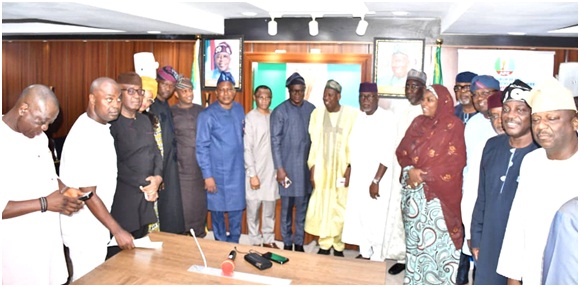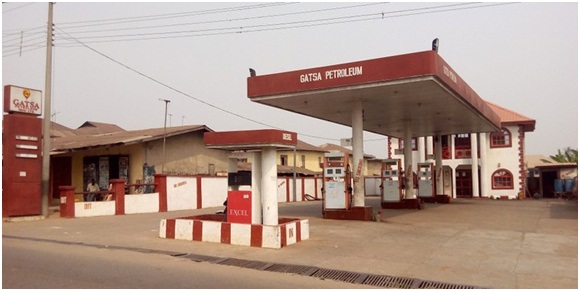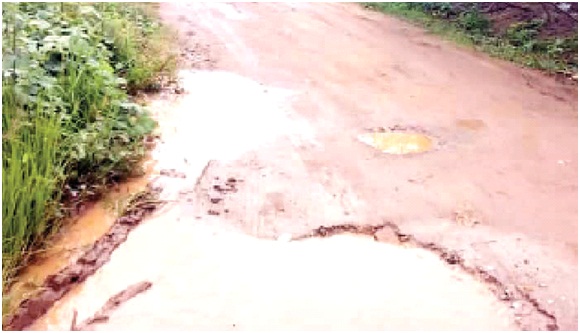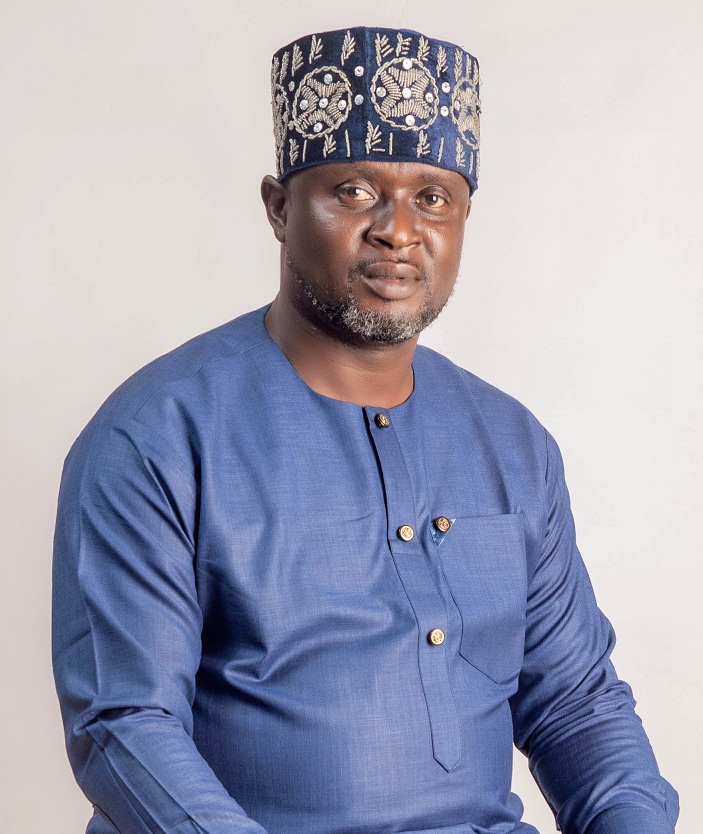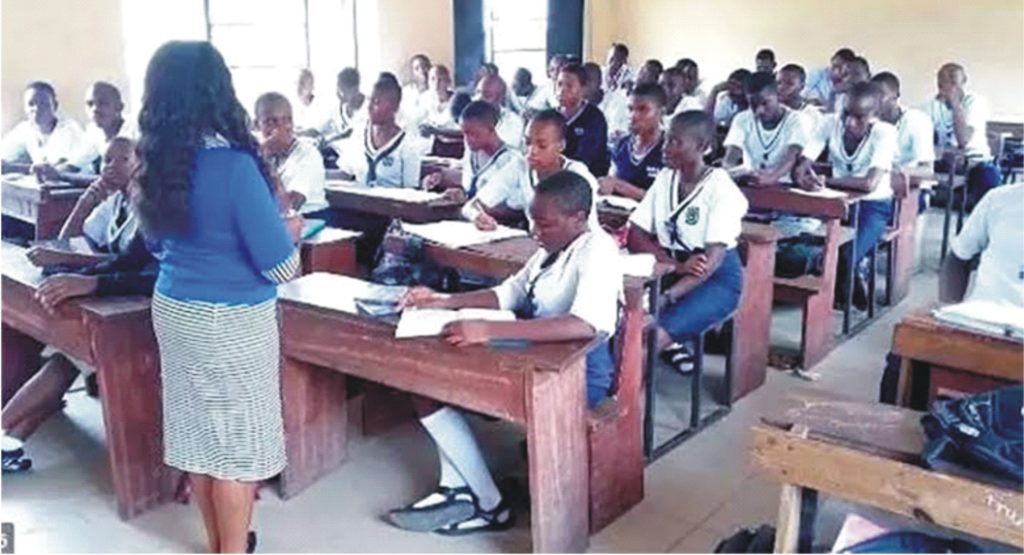Of FRSC, road accidents
By Adetokunbo Abiola
|
Fifteen tanker/trailers and 28 trucks got involved in road accidents during the Easter period, with a total of 131 road traffic accidents taking place, 36 of the crashes fatal, 72, serious and 23, minor.
Forty buses and 85 cars also got affected in the carnage, with 84 persons rescued with injuries from the crashes, and 405 people from those crashes rescued without injuries.
Thirty-five motorcycles, five tricycles and five pickups got involved in the accidents, with 857 persons involved in those crashes involving 213 vehicles.
According to Bisi Kazeem, the spokesman of the Federal Road Safety Comission (FRSC), a total of 84 persons were killed in the road traffic crashes involving motorcycles, cars, buses, tankers, and the others, creating a very gory situation indeed.
At a seminar organised by the Bureau of Public Service Reforms (BPSR) in Abuja, the commandant of the FRSC, Dr Boboye Oyeyemi, said that speed violations and night travels were the leading causes for the rise in road traffic crashes across Nigeria.
Following an unfortunate fatal motor accident which occurred on Sunday, 21st April, 2019 that led to the death of 11 persons and a serious injury to thirty others in Gombe, eyewitnesses said the cause of the accident was as a result of a loss of control of the vehicle by the driver.
According to the website of the Nigerian Highway Code, human factors constitute the cause of about 90% of road traffic crashes, with drivers’ action or reaction making up 80%, as overconfidence and over speeding influenced their judgements.
According to the Highway Code, when drivers feel overconfident and engage in over speeding, unfortunate motor accidents of the Gombe variant occur, ending in numerous fatalities on Nigerian roads.
Unfortunately, the consequences prove grave to Nigerians. Injuries and deaths resulting from road traffic prove to be the nation’s third-leading cause of overall deaths, the leading cause of trauma-related deaths and the most common cause of disability, according to N.O.C. Onyemaechi and U.R. Ufoma in a paper published in a recent journal.
Other accounts say drivers and passengers suffer from minor cuts and bruises to broken limbs, whiplash, back and spinal injuries, paralysis and even death, with vehicles in road accidents damaged and in need of minor or costly repairs.
In addition, the social consequences of road traffic accidents include loss of productivity of the victims, the cost of the legal system, the cost of pain and suffering and loss of quality of life of the victim and their family, as the loss of productivity represents a significant proportion of the total social costs.
Since the loss of productivity represents a significant proportion of the social costs, drivers and passengers who suffer from bruises and other forms of injuries find it difficult to recover from the incident, and it’s no wonder motor accidents prove to be the leading cause of trauma-related deaths.
In macro-economic terms, road traffic fatalities disproportionately affect low- and middle-income countries, where 90% of global road deaths occur, since rising incomes in many developing countries lead to rapid motorization, while road safety management and regulations have not kept pace.
Nigeria loses about 80 billion naira to road transport accidents, the economic cost including the cost of property and public amenity damaged, the cost of medical treatment and the cost of productivity lost due to the accident, meaning a huge economic loss particularly for a country plagued with poverty.
In addition, a study found that treatments for road injuries was very expensive, leading some families into a miserable life, as they face challenges in sourcing for money to take care of accident victims.
To make matters worse, road traffic fatalities in Nigeria kill an estimated 21 out of every 100,000 people, according to WHO estimates. When added to this human cost, the nation loses an estimated 3% of the its GDP to road traffic crashes each year.
In sum, the challenges create an economic loss for a nation plagued with poverty, leading to a Catch-22 situation, as while rapid motorization continues road safety management and regulations don’t keep pace.
According to Eze Bunn, in a paper, “We can reduce deaths and injuries due to road traffic accidents in Nigeria by control of driver factors speeding, not drinking and driving, wearing seatbelt and helmets, not using phones or eating while driving and obeying traffic rules. Vehicle factor can be improved through better vehicle design and maintenance; roadway factors through better road design and maintenance.”
Writing in International Journal Sharing Forum, O. Agbonkhese and his team of writers say there was need to view road traffic accident as a very serious issue requiring urgent attention, preventing untimely deaths and reducing the health, social and economic impacts it portends to the average Nigerian.
In sum, if the authorities take cognizance of the social and economic impacts of road accidents to the ordinary Nigerian , particularly during sensitive periods such as Easter, we will, according to Eze Bunn, reduce deaths and injuries due to road accidents in the country.

